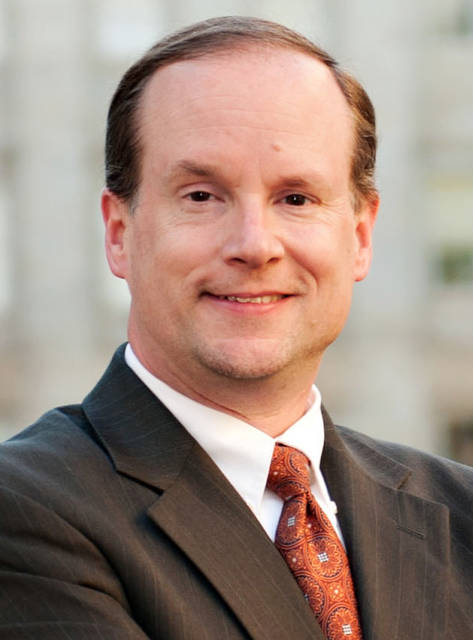I have devoted most of my life to building, inhabiting, and sometimes leading organizations devoted to advancing the cause of freedom. But what I mean by that term may be quite different than what you mean.
Even if the context is limited only to political matters, most people would agree that “freedom” is an essential public value — and then proceed to disagree about what public policies are required to protect or expand it.
The roots of such disagreements run deep. In his seminal work Albion’s Seed, the historian David Hackett Fischer describes four waves of settlement, emanating from four different regions of the British Isles, that helped shape the history and politics of the North American colonies during the 17th and 18th centuries. Each of the four “folkways,” as Fischer put it, contained its own conception of freedom.
For the Puritans who settled New England from East Anglia and the Netherlands, the organizing principle was “ordered liberty.” You were free if you were part of a free, self-governing community. “Public liberty,” as the concept was also called, was “thought to be consistent with close restraints upon individuals,” Fischer explained.
For the Royalists who settled Virginia and neighboring colonies from their original homes in the south of England, the organizing principle was something closer to “hegemonic liberty,” in Fischer’s phrase. In other words, while they emphasized individual freedom instead of the Puritans’ sense of collective liberty, Virginians didn’t think everyone was entitled to it. Rank had its privileges, in other words, and obviously those held in bondage were excluded entirely.
Quite different was the “reciprocal liberty” espoused by the Quakers and other religious dissenters who settled Pennsylvania and its environs. Their conception “embraced all humanity and was written in the Golden Rule.” While religious liberty was essential to this tradition, its protection of individual autonomy extended to other spheres of life, as well, including property rights and procedural rights for those accused of crimes.
Finally, large waves of settlement from Northern Ireland, Scotland, and Northern English during the 18th century brought the idea of “natural liberty” to the backcountry of early America. Rejecting the idea of tempering their personal freedom with the communal authority of the Puritans, the hierarchical authority of the Royalists, or the radical egalitarianism of the Quakers, the backcountry folk insisted that they simply wanted to be left alone. Indeed, as a group of Mecklenburg County leaders put it in 1768, their individual liberties came before their political obligations. “We shall ever be ready to support the government under which we find the most liberty,” they stated.
These were just the original British folkways that help shaped America’s political culture. Weave in the distinctive beliefs of America’s other origin cultures and you have an ideological tapestry of intricate complexity.
The late University of Oklahoma scholar Rufus Fears described freedom as existing at three levels. Individual freedom means the right to do you choose without the government telling you otherwise. Political freedom means the right to vote and participate in civic affairs. Finally, national freedom means the right of a people collectively not to be ruled by some other people.
Ideally, one would enjoy freedom at all levels. But for most of recorded history, most people have enjoyed just one or two of these freedoms, if any. For example, under the Roman empire quite a few people enjoyed individual freedom and some enjoyed the political freedom to elect local magistrates. But no one outside Rome itself experienced national freedom.
To my way of thinking, individual freedom is the end-goal. I value political freedom and national freedom precisely because I think they are most likely to protect individual freedom from encroachments, foreign or domestic. To be free is not necessarily to be happy. It certainly doesn’t make one free of social attachments, or capable of obtaining any particular goal. It simply means you can pursue whatever goal you wish without government telling you otherwise. And I think it’s worth fighting for.
John Hood (@JohnHoodNC) is chairman of the John Locke Foundation and appears on “NC SPIN,” broadcast statewide Fridays at 7:30 p.m. and Sundays at 12:30 p.m. on UNC-TV.

